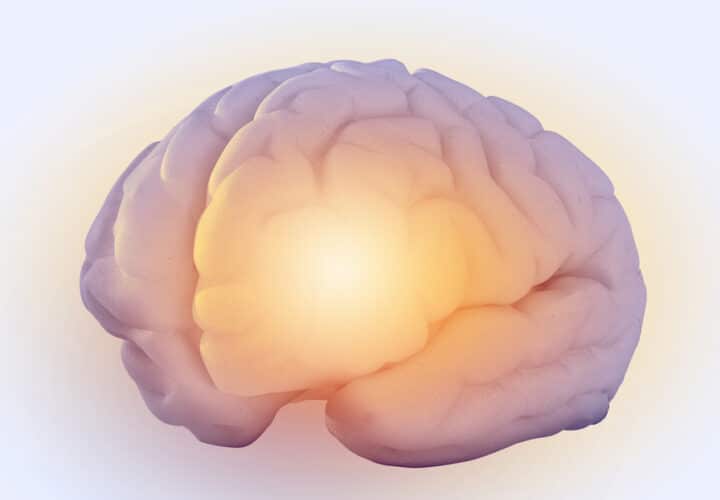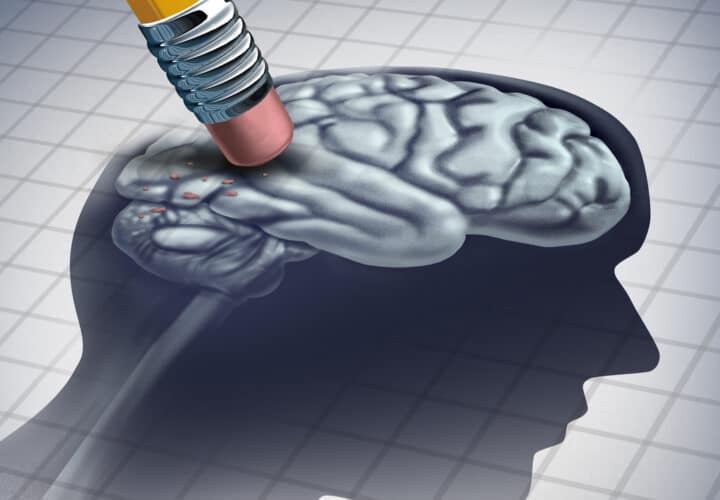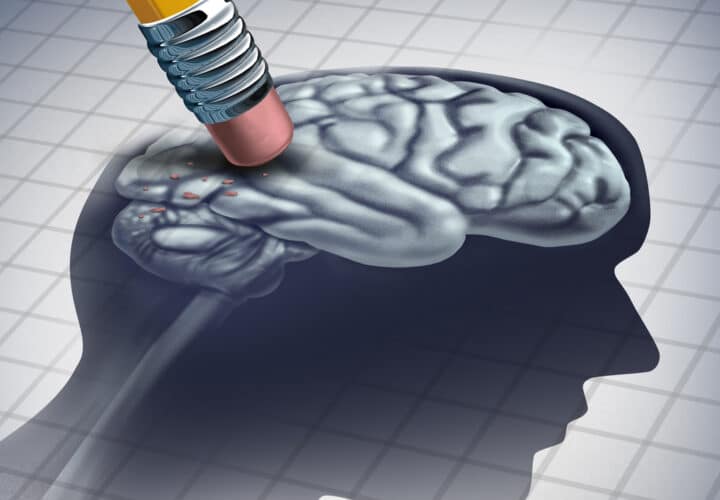Alex Trebek, host of Jeopardy, opens up about his memory issues and his decision for seeking medical attention.
Alex Trebek has had a chance to play a memory game every day of work since 1984. Over 30 seasons of hosting “Jeopardy,” he has missed a show only once, when he switched places with the “Wheel of Fortune” host as an April Fool’s joke.
Trebek’s decades of brain exercise didn’t prevent his memory from slipping. In an interview with Vulture, Trebek was asked when he might retire, and he opened up about memory issues, and hinting it might be time.
“Instead of saying ‘1492’ I’ll say ‘1942,’” he said. “I love doing crossword puzzles, and recently I’d be looking at a clue, it’d be 23 across, and I’d be trying to fit the answer into 26 across. I was always off.”
Trebek asked himself the question many of us have wondered when we have one of those “off” moments: Is this normal, or is it Alzheimer’s? He went to his doctor to find out.
“Because of that I went to be tested for early Alzheimer’s,” he said. “The first time they tested me they said, ‘It doesn’t look good.’ Then we did more testing and they said, ‘You’re okay. No need to worry.'”
Update: Trebek’s Cognitive Decline
Prior To His 2019 Cancer Diagnosis
Trebek’s memory loss was natural, in his own words. But it brings up an important point. What is normal aging?
“Overall, the normal decline we experience is enough these days to make people quite nervous,” Dr. Bill Burke, director of the Stead Family Memory Center at the Banner Alzheimer’s Institute, told Being Patient in a 2018 interview.
According to Burke, some types of memory skills and recall stick with most people for life — things like vocabulary, judgment and problem solving. But other types do gradually fade or occasionally falter as people age, like attention and being able to multitask and switch quickly between activities or types of decision making.
If you do think you might be experiencing mild cognitive impairment, which is often a precursor to Alzheimer’s, Burke said one of the best ways to assess whether there’s a significant change is to take one fairly simple first step: Ask the person closest to you.
“Your best baseline is actually your social networks,” said Burke. Ask them questions about whether you’re different than you were a year ago, or if there are things you could do a year ago that you can’t now. “You could do elaborate neuropsychological testing and none of it is as effective as asking the person who really knows [you].”
“Your best baseline is actually your social networks.
You could do elaborate neuropsychological testing
and none of it is as effective as asking
the person who really knows you.”
Your own concerns are valid markers too: Research from Brigham and Women’s Hospital shows that a person’s gut feeling about your memory loss may be the best indicator of a problem in some cases.
“It may not be something that somebody volunteers unless they’re asked,” Rebecca Amariglio told Being Patient. “But with all the attention in the media on Alzheimer’s disease, people come into the clinic and discuss some of these difficulties that they’re having at a lower threshold than they used to.
People can somewhat compensate for memory loss at first, said Amariglio, especially those who are educated or operate at high levels of intelligence. Those people have more “room to decline,” so to speak, when they take the typical screening tests given for dementia.
The types of changes to worry about go beyond what is considered normal as one ages, like walking into a room and forgetting what you’re doing sometimes or misplacing your keys happens, events that happen to everyone. But being confused about a sequence of events could be a red flag. For example, if you’re having trouble remembering if something happened before or after a big event like a family member’s wedding.
What Is Mild Cognitive Impairment?
A Guide to Symptoms and Diagnosis
Amariglio conducted a study that found that people with greater concerns over aging who reported more forgetfulness actually did have more beta-amyloid in the brain, a toxic protein that forms into clumps and plaques in Alzheimer’s disease.
Studies show that stress deteriorates brain health, so experts advise seeking consult as opposed to keeping your worry to yourself.




Always interested in reading more articles.
Thank you, enjoy reading the articles.